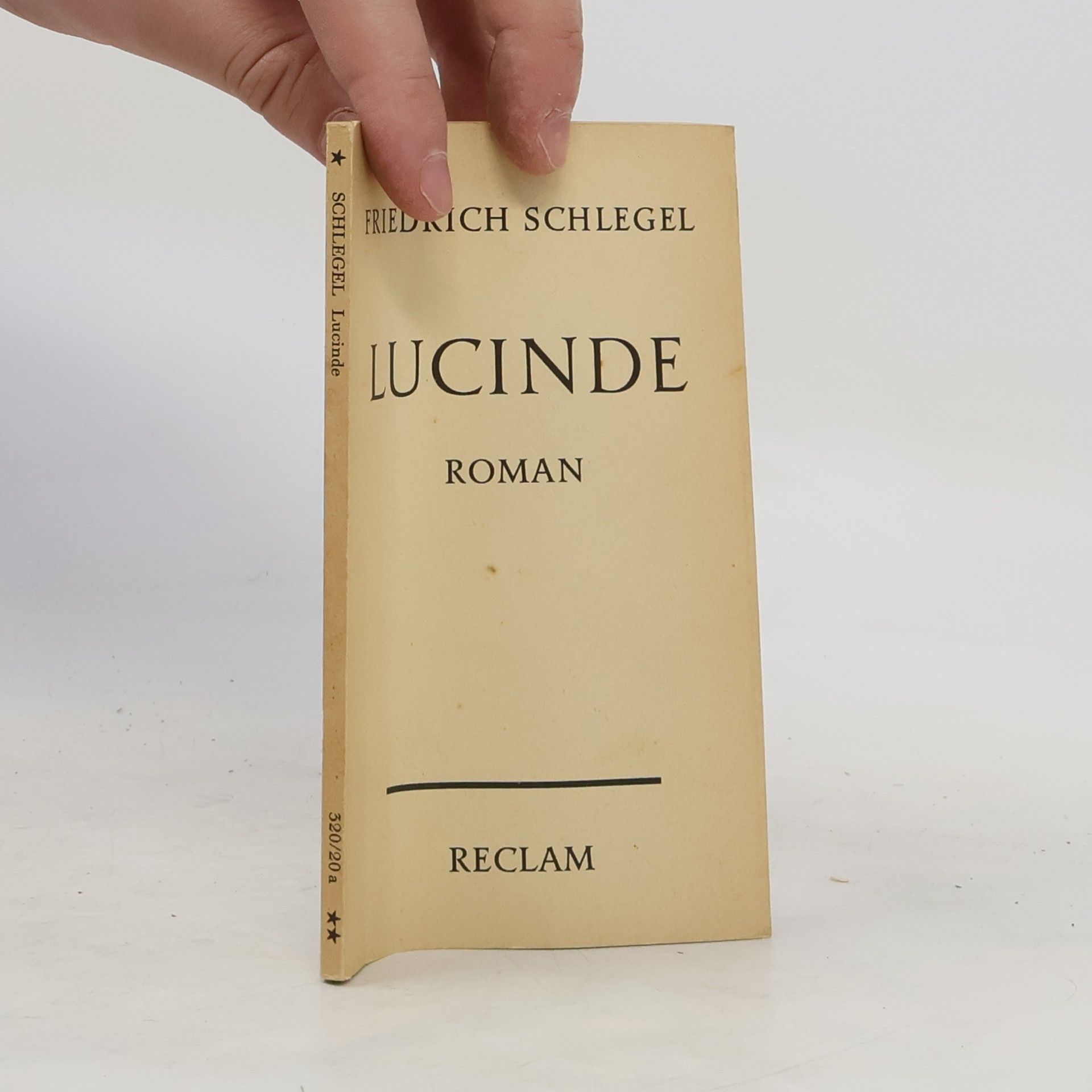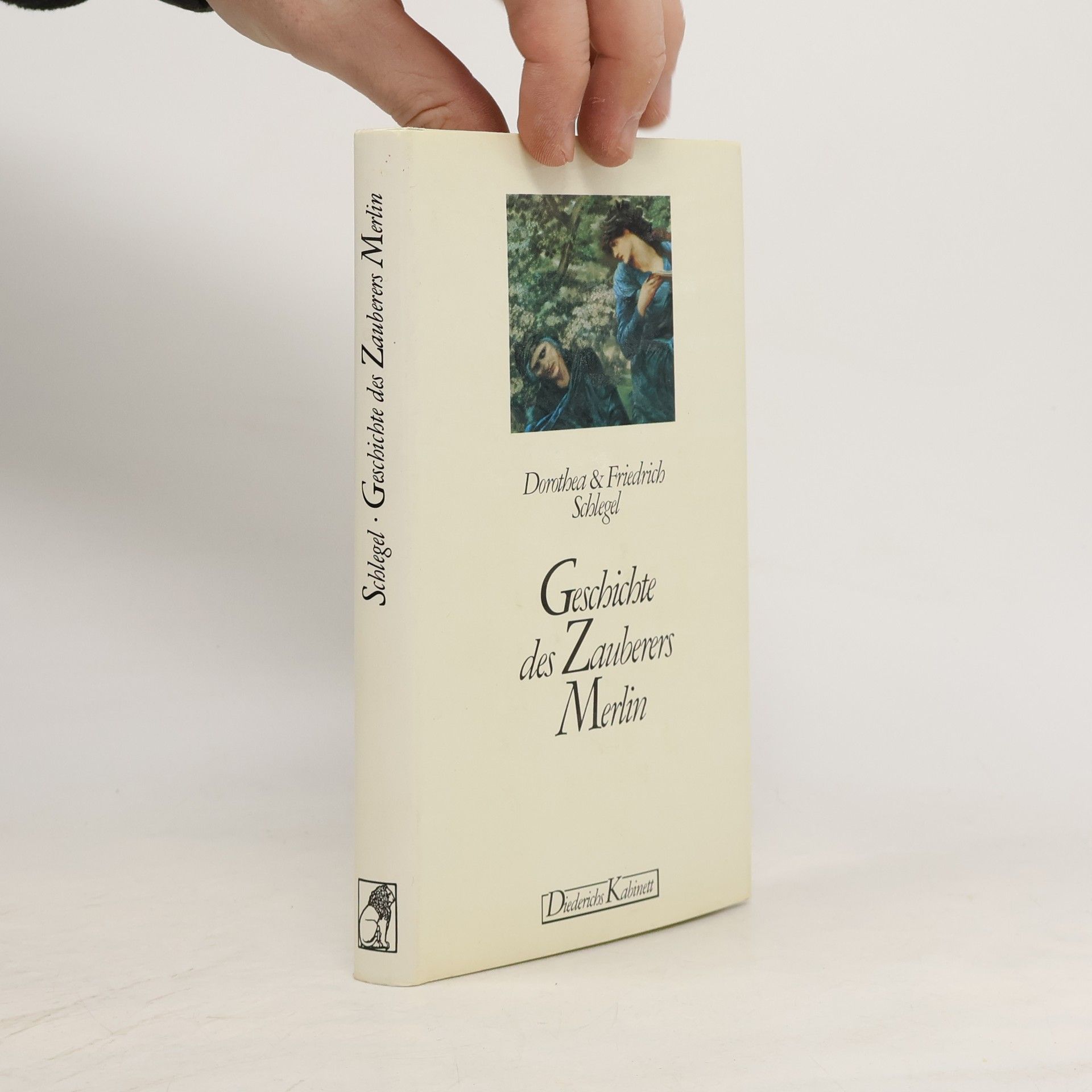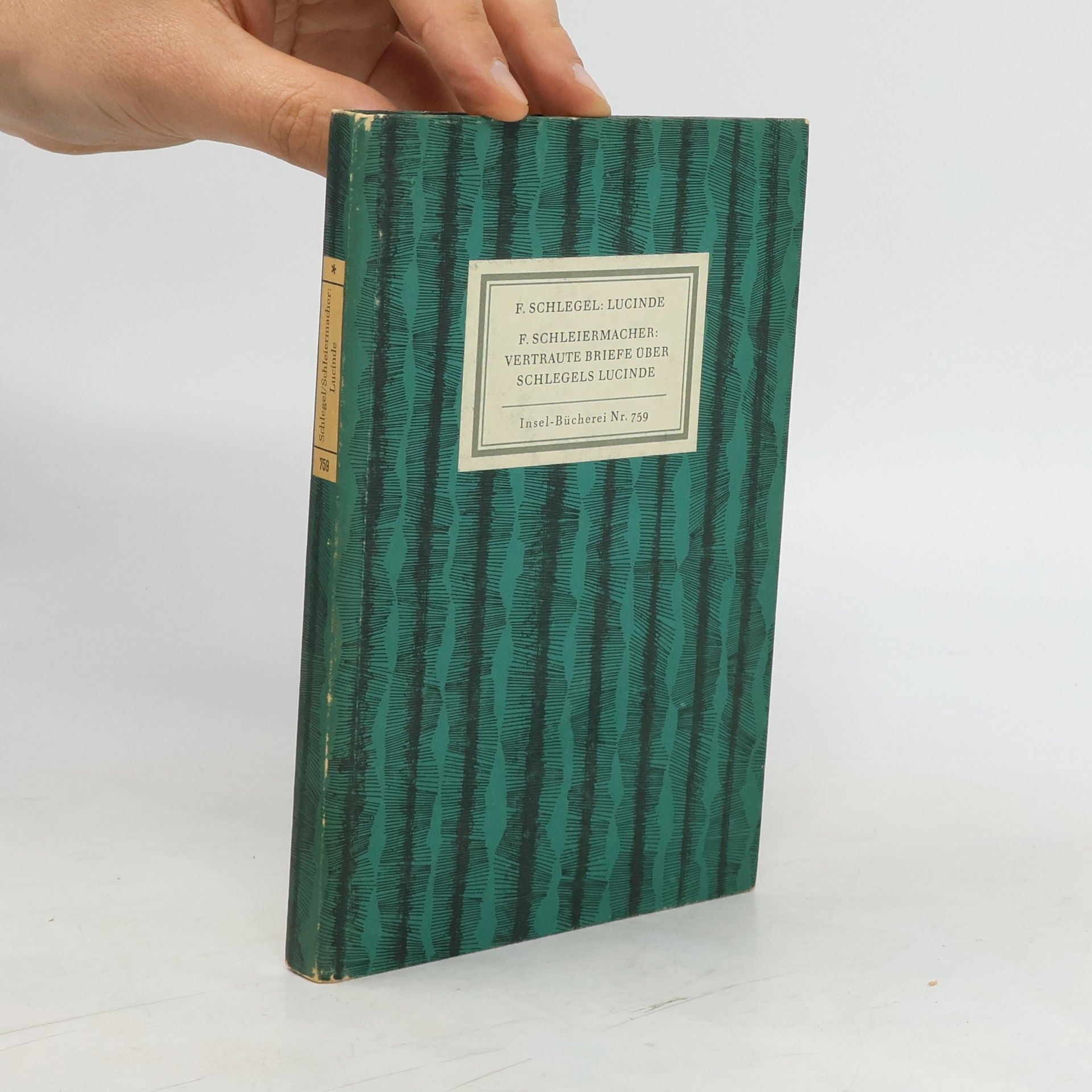Athenäums-Fragmente / Lyceums-Fragmente / Ideen (Großdruck)
- 172pages
- 7 heures de lecture
Die Athenäums-Fragmente, Lyceums-Fragmente und Ideen von Friedrich Schlegel bieten einen tiefen Einblick in die Philosophie und Ästhetik der Romantik. Schlegel untersucht die Wechselwirkungen zwischen Kunst, Literatur und Philosophie und thematisiert die Bedeutung der Individualität und des kreativen Ausdrucks. Seine Schriften sind geprägt von einem Dialog über die Natur der Wahrheit und des Wissens, wobei er innovative Gedanken zu Sprache und Form entwickelt. Diese Werke sind ein zentraler Bestandteil der romantischen Bewegung und laden zur Reflexion über die Rolle der Kunst in der Gesellschaft ein.






